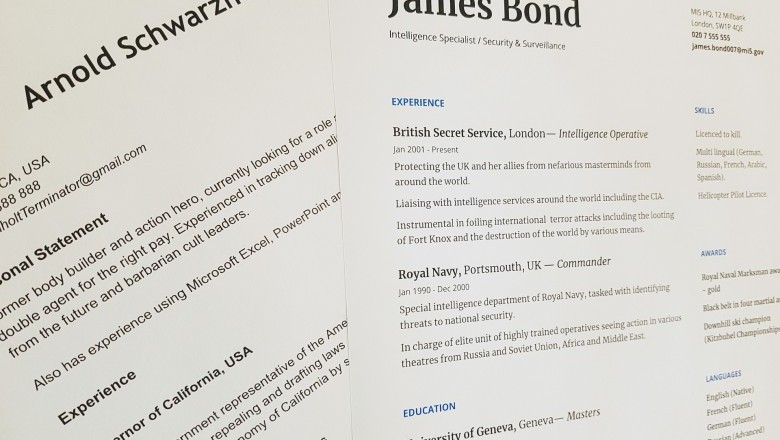The Personal Statement: Definition and Guidelines
A personal statement is somewhat of an autobiography. It can either be used to describe aspects of your self and life or to explain your feelings or thoughts on a particular topic. Regardless, it should essentially be about you or some aspect of you.
Of course, there is more to a personal statement than this simple definition. Each personal statement may very well have different requirements that you must fulfill in the writing of it. More specifically, in one instance you may be asked to write a general personal statement about yourself or life whereas in another you may be asked to write in answer to particular questions.
If, for example, you are asked to write a generalized personal statement about yourself and your life, the piece would end up completely different from an assignment in which you are asked to answer a specific question, such as why you are interested in the job for which you are applying. In this regard, it is important to pay close attention to what is being asked of you, the writer.
There are many issues to take into consideration when approaching the hefty task of scribing a personal statement. The first is of course that you actually fulfill the requirements of the assignment. One must be precise. It is helpful to begin by writing a brief outline of what exactly you intend to say.
Another point to consider is honesty. Whereas I am quite sure that many people write personal statements that fulfill every ideal requirement of the questioner without regard to truthfulness, one must keep in mind that you are actually expected to fulfill these dishonest representations. Ultimately, regardless of your moral persuasions, one is beholden to be honest about oneself. With this ethical line in mind, it is important to remember that you are, in essence, attempting to market yourself to someone. So how is one approach this?
In describing yourself, make sure to stress the positive, even if that means the positive outcome to unfortunate circumstances. What is special about you, what do you have to offer? What skills do you have that others may not? Who or what in your life has influenced you? What do you want to achieve in your life? What are your goals? What is your motivation? What has motivated you in the past? What have you learned, what have your most important lessons been? If there are any inconsistencies in your academic or work record, make sure to address them, explain the reason. Focus on the reasons why you would be the best choice for whatever you happen to be pursuing.
If in fact you are asked to answer specific questions or express your thoughts on a particular topic, make sure to do so thoroughly. Provide personal and academic reasons for your beliefs. This allows the inquirer to get to know you as a person, an individual. This will greatly increase your chances of success. Personal statements should, after all, be personal. Some topics should not be broached of course, including the more controversial subjects, but there is still a good deal of movement to be had within your essay regardless.
In writing a personal essay it is imperative that you keep it interesting from the very first sentence. Start and end with your arguments while using the body of the piece to explain yourself. Don?t get lazy, the greater the interest that you can invoke in your reader the better. Be specific, use concrete examples of what you are trying to explain. This is essentially the difference between the keep and discard piles.
With all this in mind, the most important aspect of a good personal statement is that you remain true to yourself and your values, representing them accordingly. If you are honest about yourself, your goals, and beliefs, you will greatly increase your chances of success in whatever endeavor you pursue.































